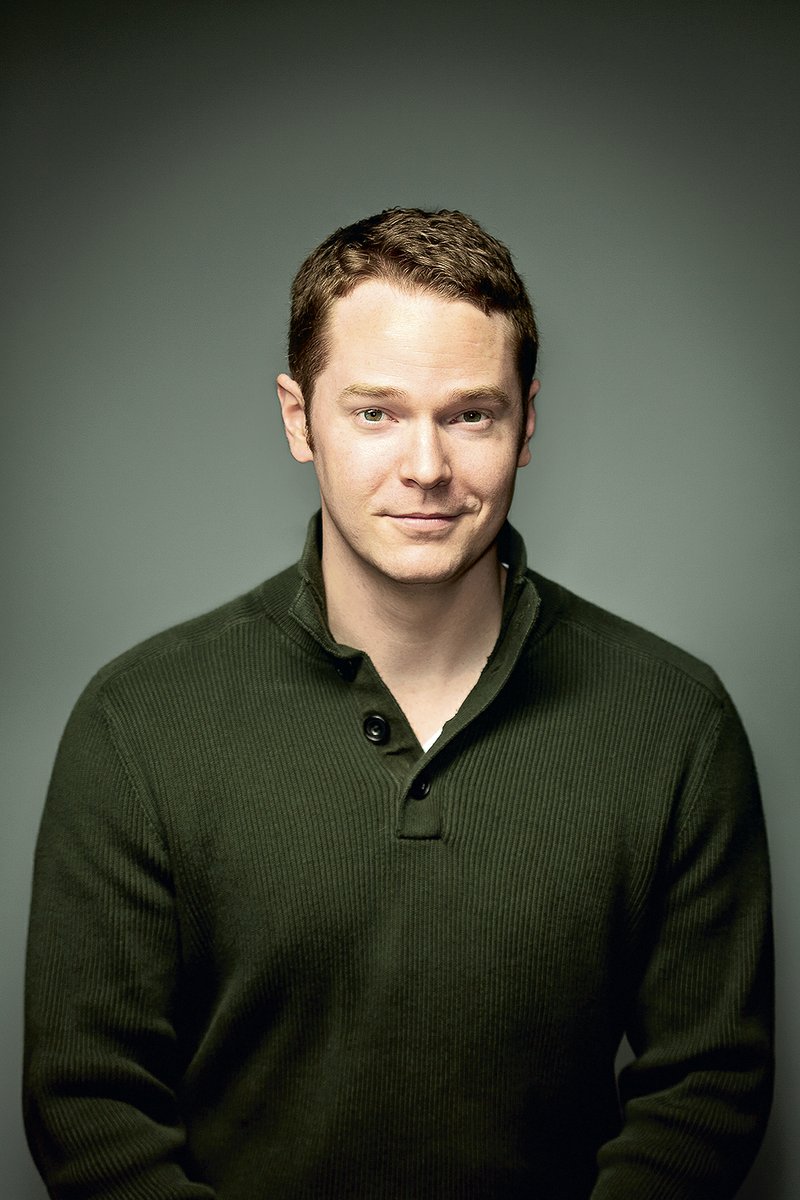In a weird way shared only by other artists, Robert Jackson Bennett is a god.
Bennett created the city of Bulikov, the colonial power of Saypur, everything in the world of "City of Stairs," his breakout 2014 fantasy novel for young adults.
FYI
Robert Bennett
Fast Facts
Robert Jackson Bennett
Age: 31
Hometown: Austin, Texas
First sci-fi/fantasy book you remember: “A Wrinkle in Time”
I thought I would grow up to be: Basically this, but I thought I’d be better dressed
My parents thought I would be: A violist
What do you read now? Mostly nonfiction history books
What is your 4-year-old’s favorite book? Currently “Dinosaur Farm,” but in two weeks it’ll be something else
FAQ
Summer Author Series:
Robert Jackson Bennett
WHEN — 7 p.m. Wednesday, with a 6 p.m. reception
WHERE — Fayetteville Public Library
COST — Free
INFO — faylib.org
"To maintain this world, I have to carefully curate what is now an 11-page Word document consisting of a 2,000-year timeline, along with varying names of the months, the days, the religious texts," Bennett told Tor.com. "This would be a pain in the a** to maintain even if it corresponded with a real-world history -- imagine a Word document summing up the Tudors -- but when the burden rests on me to provide the name of the book or town (or whatever), and make sure it's consistent with all the other books and towns I've mentioned thus far, then suddenly I have to think very long and hard about this tossed-off mention of a thing in a single line of the book that has no long-term consequences on the plot whatsoever."
Then he adds:
"... But I also get to do all kinds of fun things, where the way the miracles work and the ways the cities are structured reflects what I feel to be the nature of our own real world, only distorted. Fantasy offers us the opportunity to take the limitless contradictions that confront us in our world and set them against one another, thus allowing us a rare peek into what makes these contradictions both so ridiculous and so desperately human."
Bennett, who lives in Austin, Texas, had received rejection letters for three books before "Mr. Shivers" -- described as "a dark, savage journey across America's heartland" -- earned the Shirley Jackson Award for Best Novel in 2010. Asked how he started writing, he answers: "The way most people start: Badly."
Bennett enrolled in college intending to be a concert violist, but he soon learned "it really wasn't for me." He switched to English and government with the idea of law school, but instead, after graduation he worked a string of "pretty awful jobs" -- many of them in call centers where he had time to think -- changing employers every time he found one that paid "a dollar more." He describes his first four novels -- "Mr. Shivers, "The Company Man," "The Troupe" and "American Elsewhere" -- as "basically fantasy, except for the fourth one, which was more sci-fi" and says they were "sort of a series of reflections on the American past."
"City of Stairs," on the other hand, was inspired by "Dark Star," a spy novel by Alan Furst, that looks at the years leading up to World War II from the Eastern European perspective. As Bennett was cleaning house -- "that's when a lot of my good ideas happen" -- the 1937 film "The Prisoner of Zenda" caught his attention on the TV. And Bennett began to wonder what would happen if he sent a spy from Saypur, a colonial power, to investigate the murder of a historian in Bulikov, an old city that is one of Saypur's colonies. Why would they hate her? He pondered. "Because her country killed all their gods."
Bennett hopes the resulting novel, its upcoming sequels -- among them "City of Blades" in January -- and the lecture he'll give Wednesday at the Fayetteville Public Library all encourage his readers to "look at stories a little bit differently."
"You need to ask yourself, what question is this story asking? How are they exploring it? Are they doing so in a fashion that's fair? Once you can start to think about stories that way, you can apply that same critical lens to a lot of things in your life," he says. "A cartoon isn't just a cartoon; a commercial isn't just a commercial. A lot of things are embedded in these images, and they all have a meaning and a purpose and an effect on you."
NAN What's Up on 07/10/2015

